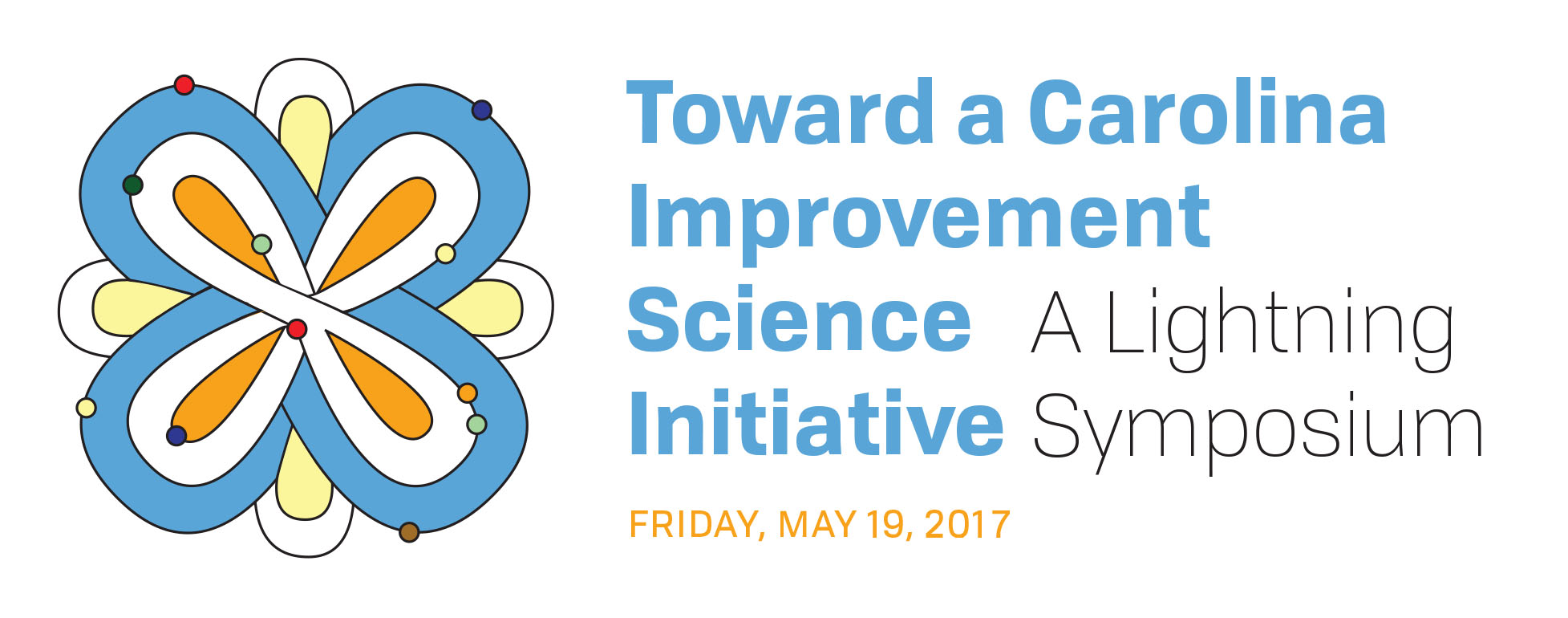Paul Lanier, School of Social Work
The child welfare system in North Carolina seeks to promote the well-being of vulnerable children in our state. The needs of children who come in contact with the child welfare system are complex and almost always involve coordination of services with other child-serving systems (e.g., education, behavioral health, housing, and public assistance). Data from one child-serving system is often not enough to provide an accurate depiction of a child’s individual outcomes, or population-level outcomes. Improving the quality of services is related to our ability to understand these cross-sector child systems. The purpose of this presentation is to briefly discuss the technological advances in data collection, storage, and analyses that have resulted in the availability of large amounts of cross-system, administrative data, but also to discuss the “human” barriers to using data to improve quality. “Big data” has its own advantages, disadvantages, and challenges for researchers and policymakers interested in improving outcomes for children.
